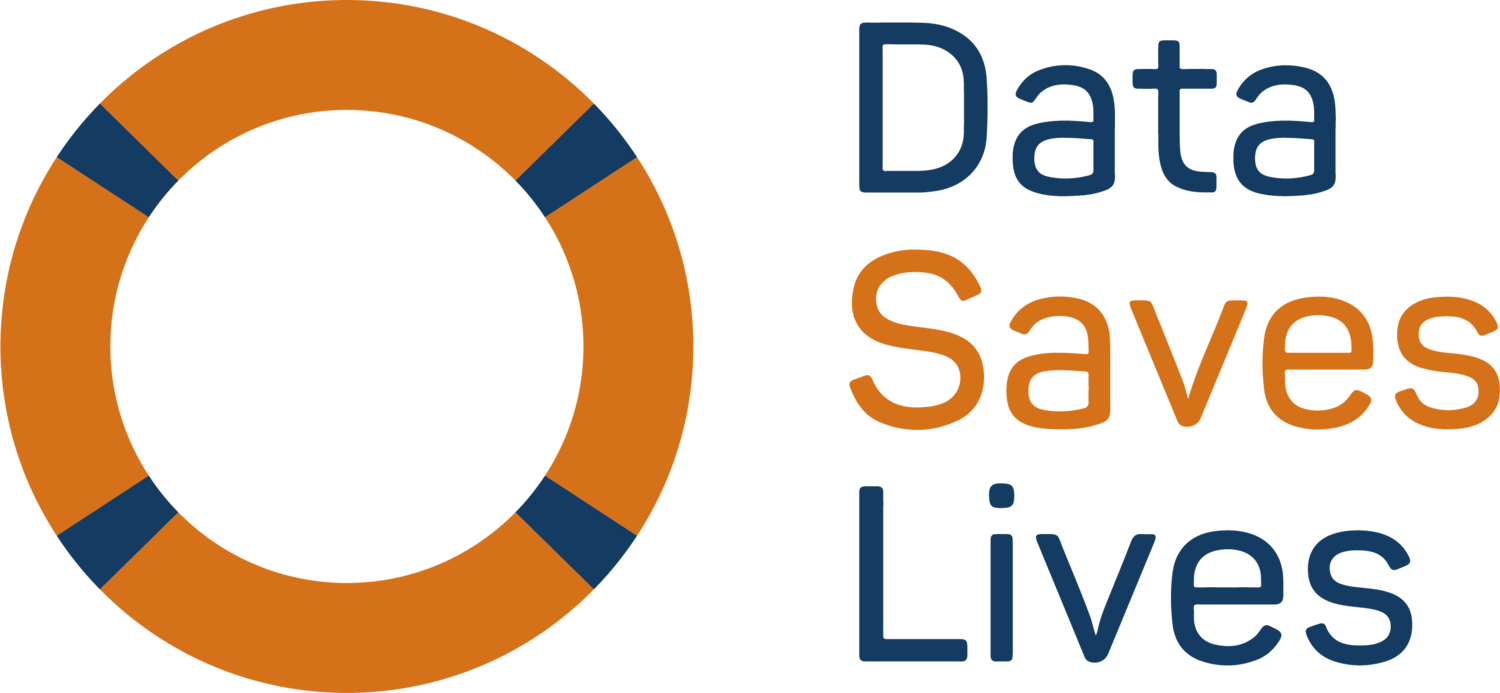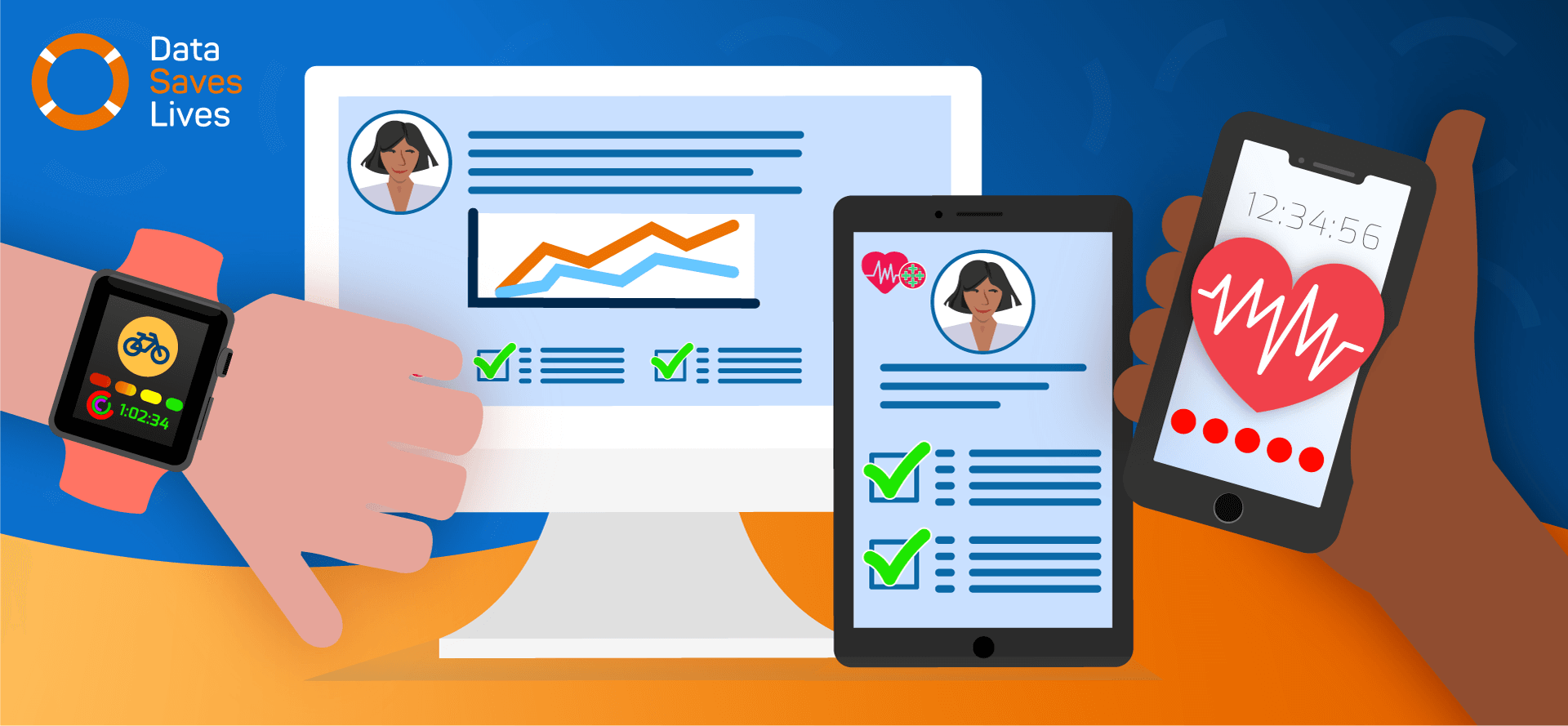Overview - Health data
What is health data?
Health data refers to any data describing a person’s health, their healthcare or anything affecting any health issues or diseases they may have. This includes information created by health and care professionals, as well as information generated by patients; from illnesses monitored through mobile applications and smart devices, to screening tests and nutritional data.
Any health data is personal and private, so it must be kept safe and secure at all times. Surveys show that while people are generally comfortable with anonymised health data being used in healthcare services, research and other situations where there is a public benefit, they also would like the power to decide who gets to use the data, and for what purposes.
What is “Big Data”?
The term “Big Data” is increasingly used to describe extensive collections of data, called repositories. In healthcare, Big Data is often used to describe large healthcare databases or networks of interconnected healthcare databases coming from multiple organisations. From these databases, we can collate and study data involving large patient numbers in order to improve healthcare delivery and aid future research.
Why is health data important?
Healthcare systems are challenged by growing and ageing populations who are living with more chronic disease. There is an urgent need for more effective and smarter medicine to deliver better care to patients. Learnings from health data can help contribute to discoveries that will show us how to make these improvements.


